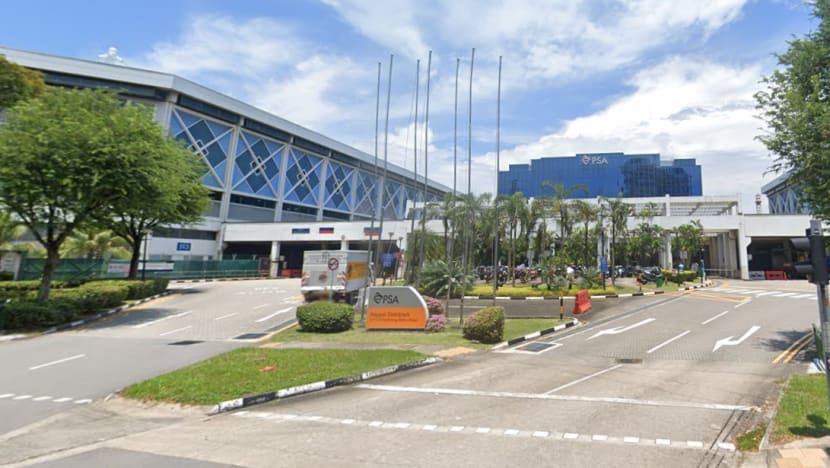Four warehouse operators at Keppel Distripark found to have fixed prices for services: Competition watchdog

Keppel Distripark, a cargo distribution complex located at Kampong Bahru Road. (Photo: Google Street View)
SINGAPORE: Four warehouse operators have each been issued a Proposed Infringement Decision (PID) for price fixing at Keppel Distripark, said the Competition and Consumer Commission of Singapore (CCCS) on Wednesday (Mar 16).
The four companies are CNL Logistic Solutions, Gilmon Transportation & Warehousing, Penanshin (PSA KD) and Mac-Nels (KD) Terminal.
They had "engaged in anti-competitive coordination to fix the price of warehousing services at Keppel Distripark" by imposing what they termed as an “FTZ Surcharge”, said the competition watchdog. This infringes the Competition Act, CCCS added.
A PID is a written notice setting out the facts on which CCCS makes its assessment and its reasons for arriving at the proposed decision.
It is issued to parties to assist them to make representations and provide any other information in support of their representations for consideration.
In August 2018, CCCS began an investigation following a complaint about possible price fixing at Keppel Distripark, a cargo distribution complex located at Kampong Bahru Road.
It found that in 2017, between Jun 15 and Jun 16, representatives of the four operators had communicated with one another on their respective plans to implement an identically named and priced “FTZ Surcharge”.
This was charged to their customers for the provision of warehousing services for import cargo.
In doing so, they had knowingly substituted the risks of price competition in favour of practical cooperation between them and did not determine their prices independently, said the competition watchdog.
Investigations revealed that the price fixing occurred from Jun 15, 2017, to Nov 19, 2019.
CCCS said it considers the price fixing incident to be harmful to competition, adding that businesses should independently determine their prices or pricing strategies, including whether to impose any surcharge and the quantum of such surcharge.
The operators, including those who applied for lenient treatment under the CCCS Leniency Programme, have six weeks from the receipt of the decision to make representations to the competition watchdog.
"CCCS will carefully consider the representations, as well as all available information and evidence, before making its decision," it said.
The CCCS Leniency Programme affords lenient treatment to businesses that are part of a cartel agreement or concerted practice (or trade associations that participate in or facilitate cartels), when they come forward to CCCS with information on their cartel activities.
Such businesses are incentivised to come forward and inform CCCS of the cartel’s activities - according to the competition watchdog, this outweighs the policy objectives of imposing financial penalties on such cartel participants.
Where eligible for lenient treatment, businesses can be granted total immunity or be granted a reduction of up to either 100 per cent or 50 per cent in the level of financial penalties, depending on whether CCCS has already begun an investigation and the timing of the leniency application.














